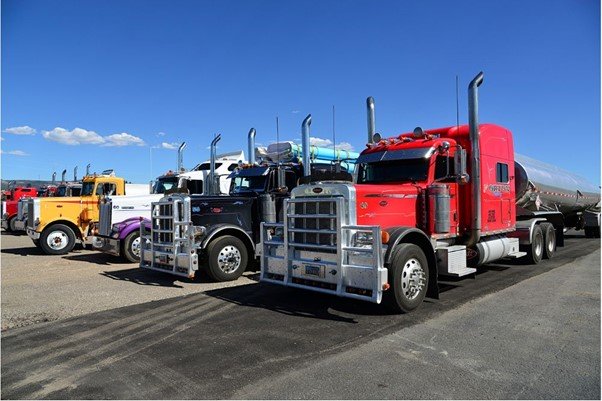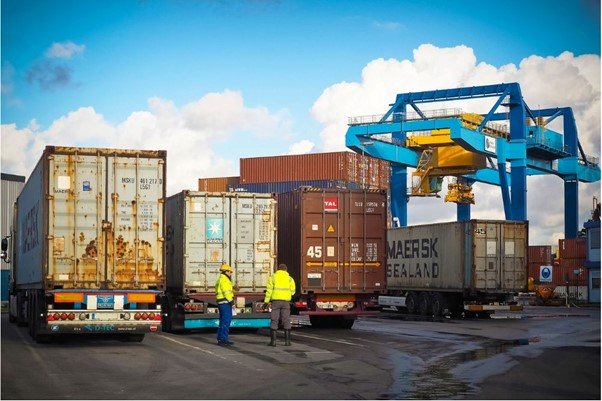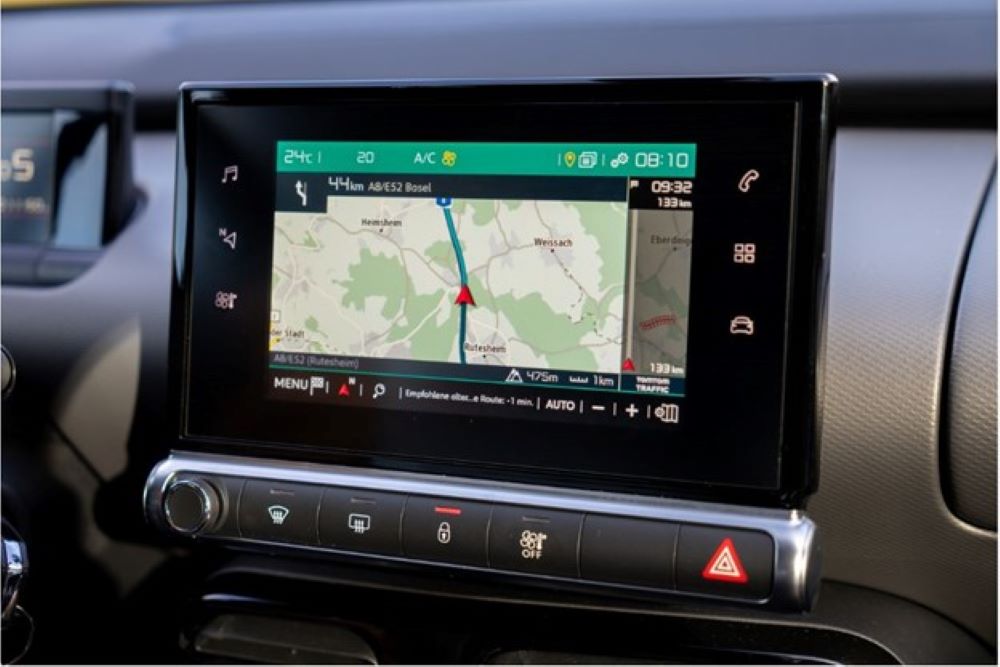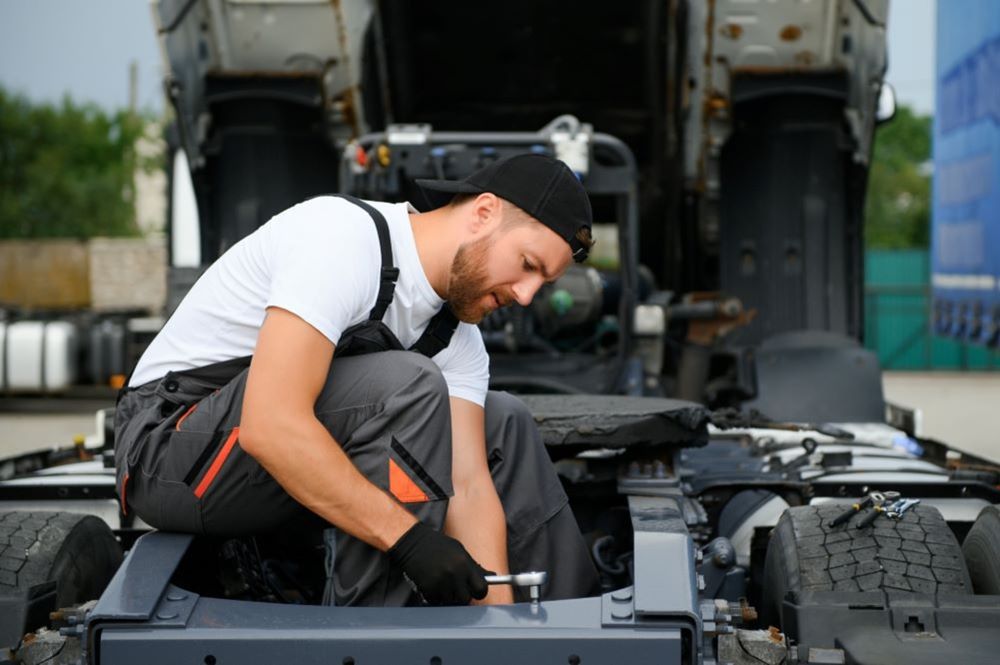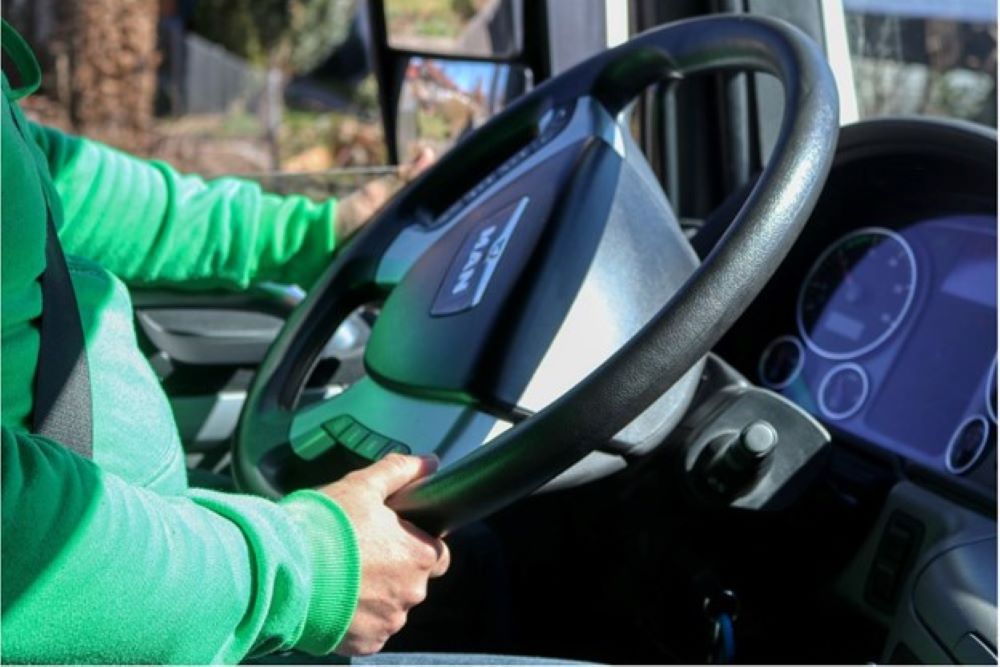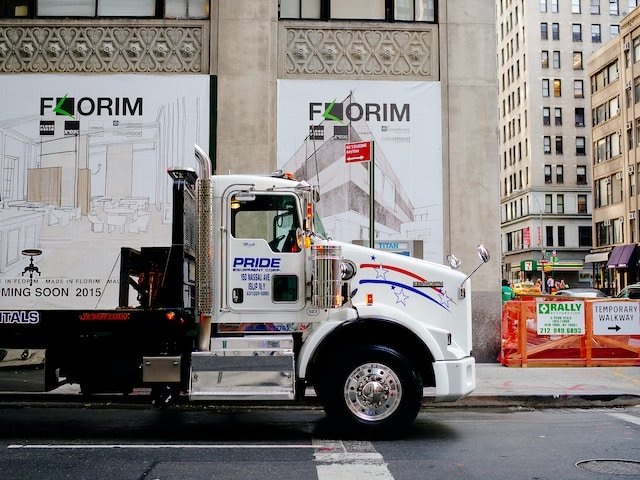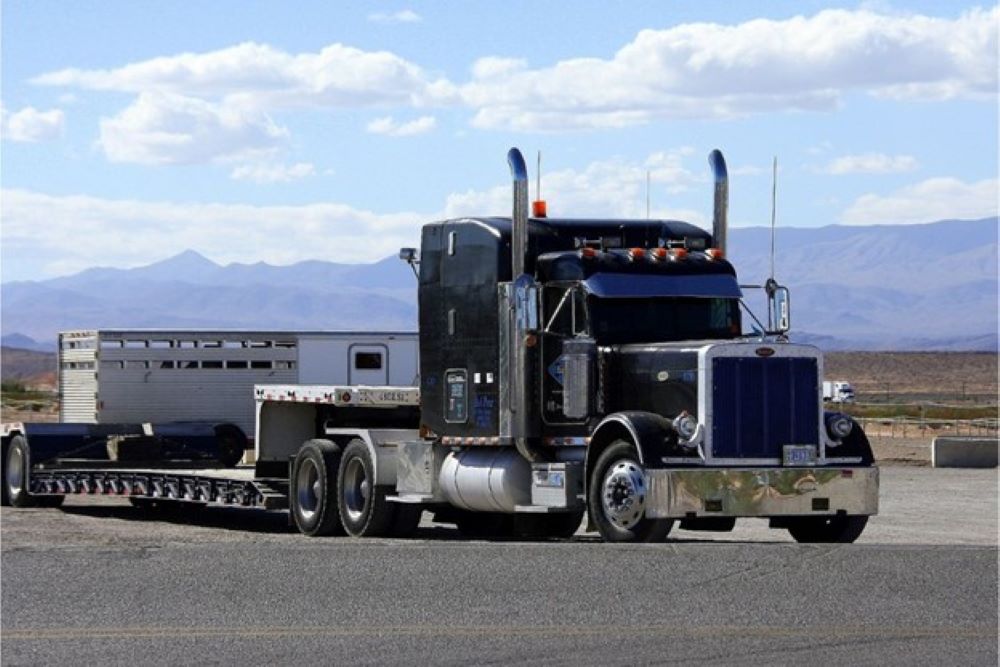
Are you interested in becoming a commercial truck driver? It can be a fantastic career path for the right person.
Being a truck driver involves much more than just sitting behind the wheel on a highway. You’ll need to manage many different responsibilities and skills on each delivery route you drive. No two days as a commercial truck driver are the same.
If you’re wondering what to expect in a truck-driving job, this guide breaks down everything you need to know.
Commercial Truck Driver Responsibilities
Being a truck driver is a dynamic and challenging job with various functions. While no two truck drivers’ jobs are the same, here are some primary responsibilities you can expect as a commercial truck driver.
Driving Long Hours
Of course, the main thing you can expect as a truck driver is spending long hours driving your semi-truck. Depending on the type of trucking you do, this could involve driving across states, or even across countries. However, you could also do shorter local routes.
As a long-haul commercial truck driver, you can expect irregular work schedules and possibly overnight trips or extended stays away from home. Being a truck driver is all about traveling long distances and spending the bulk of your working hours behind the wheel.
Safety Responsibilities
Safety is a top priority in commercial truck driving. You will be responsible for the safe operation of your vehicle, which involves maintaining a safe speed, following traffic laws, and being alert to potential hazards on the road.
You’ll also need to ensure you keep your cargo safe – as this is why you’re driving your trucking route in the first place. Depending on the type of cargo you’re carrying, you may need special skills and qualifications to manage it.
Vehicle Inspections
Beyond just driving a truck, commercial truck drivers also need to make sure their trucks are in good condition and adhere to federal regulations. As your vehicle is vital to your job, you must spend plenty of time keeping it running well.
Before and after each trip, you’ll need to thoroughly inspect your truck, checking for any mechanical issues, leaks, or other problems that could affect its safety or performance. This means commercial truck drivers need to have a good understanding of the different parts of their truck and how their truck works.
Maintaining a Delivery Schedule
The whole reason that commercial truck drivers are on the roads is to ensure their cargo is delivered to the right place on time. This means commercial truck driving involves managing delivery schedules and working within tight time frames.
As a commercial truck driver, you must know how to plan your routes and drive efficiently to keep your deliveries on schedule.
Paperwork and Records
Everything you do as a commercial truck driver needs to be recorded. This is important for the smooth operation of your trucking business and for any legal reasons – like making a commercial insurance claim.
As a truck driver, you’ll be responsible for maintaining accurate records, including logbooks, mileage reports, and delivery receipts. This documentation helps with compliance. It also makes it easier to get paid.
Maintain the Right Licensing and Training
To become a commercial truck driver, you’ll need a commercial driver’s license (CDL) specific to the type of commercial vehicle you’ll be operating. The specific process and training in getting your commercial driver’s license can differ from state to state.
You must also have relevant qualifications and licenses to carry certain goods. Some types of dangerous cargo require additional training.
CDL drivers also need to ensure they stay updated with the laws and regulations around commercial trucking wherever they operate. These laws can often differ as you pass state borders, so ensure you understand what is required of you in each route you drive.
Various Job Opportunities
Commercial truck driving could look very different for each commercial motor vehicle driver. This depends on the type of trucking you do.
For example, you could get into long-haul trucking, local delivery, or specialized freight transportation. Each job type is unique, with its responsibilities, challenges, and opportunities.
Luckily, the demand for goods transport keeps the trucking industry relatively stable. This means you should have good job security as a reliable driver.
Commercial Truck Driver Skills
To become a commercial truck driver, you must match the right skills for the job. Here are some of the most essential skills you should possess:
- Physical Stamina: Truck driving can be physically demanding, as you may be required to load and unload cargo, handle paperwork, and spend extended periods sitting and driving. Make sure you’re up for the challenge.
- Independence: While you may have a dispatcher or supervisor to guide you, commercial truck driving involves plenty of independence. You’ll be responsible for making decisions on the road and completing your deliveries. You’ll also be alone for long periods.
- Time and Stress Management: Commercial truck drivers manage tight schedules. You must also know how to keep calm in emergencies or stressful driving conditions.
- Communication: Even though you spend long periods alone, you must also deal with multiple people in the supply chain. You’ll need to show good communication skills to everyone involved in your delivery schedule and other drivers. This is essential for smooth trucking operations.
Conclusion
Being a commercial truck driver is full of challenges. It’s also an exciting career path for people with the right skills and motivation.
If you’re considering becoming a commercial truck driver, then it’s essential to understand everything involved in the role before you start training for your licenses.
You may also need to purchase your semi-truck to start a trucking business. Mission Financial makes it easy for any commercial truck driver to gain financing for buying a vehicle. Get in touch with us to see how easy the application process is.




